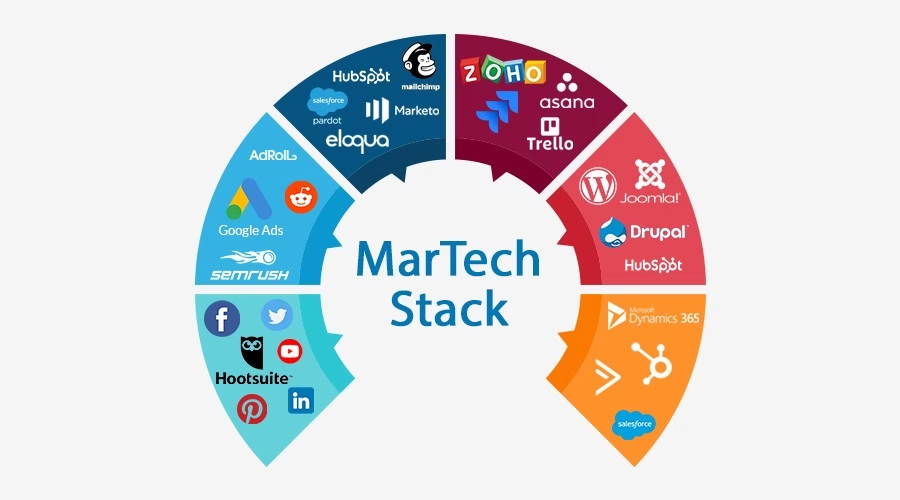Explore the latest developments in Google’s Privacy Sandbox, including updates on third-party cookies, Privacy Sandbox for Android, and regulatory challenges. Learn how these changes impact digital advertising and user privacy.
Google’s recent decision to maintain third-party cookies on Chrome has sparked significant debate in the digital advertising ecosystem. Originally slated for deprecation, Google has now opted to continue developing alternatives within its Privacy Sandbox framework. This move allows users to make informed choices about accepting cookies while aiming to protect privacy.
The Privacy Sandbox initiative proposes replacing individual user tracking with topics of interest based on browsing behavior, without identifying users directly. This approach extends beyond the Chrome browser to include Android, addressing concerns over user privacy in app-based advertising.
Despite initial plans for cookie deprecation by the end of 2024, Google has faced delays amid regulatory scrutiny. The U.K. Competition and Markets Authority (CMA) highlighted numerous potential issues, aligning with concerns from the Information Commissioner’s Office (ICO) about safeguarding user privacy within these new protocols.
Industry reactions have varied. While some sectors are preparing for the shift away from third-party cookies with investments in privacy-centric strategies and first-party data, others remain skeptical about the efficacy of Google’s proposals. Contextual advertising and identity resolution are emerging as viable alternatives to traditional cookie-based targeting.
As Google navigates these challenges, stakeholders are closely watching developments in Privacy Sandbox testing and adoption. The industry’s readiness to embrace these changes will be crucial in determining the future landscape of digital advertising.
For brands and agencies, adapting to this evolving privacy landscape involves strategic shifts towards data transparency and consumer trust, while navigating the complexities of digital marketing in a post-cookie era.
Privacy Sandbox and Regulatory Scrutiny
Google’s Privacy Sandbox initiative, designed to mitigate privacy concerns while maintaining ad effectiveness, faces ongoing scrutiny from regulatory bodies such as the U.K.’s CMA and ICO. These agencies have raised significant concerns about the potential anti-competitive impacts and adequacy of user privacy protections within the proposed frameworks.
The CMA’s latest report has underscored multiple issues that need addressing, indicating a broader array of challenges than previously identified. This regulatory pressure has led Google to delay the complete deprecation of third-party cookies, initially planned for late 2024, now possibly extending into 2025.
Industry Responses and Adaptation Strategies
Amidst these uncertainties, the digital advertising industry is actively preparing for a cookie-less future. A recent survey by the Interactive Advertising Bureau (IAB) reveals that a majority of advertising and data experts are reallocating resources towards privacy-by-design approaches and first-party data strategies.
Many stakeholders anticipate challenges in tracking conversions, measuring ROI, and optimizing ad campaigns without third-party cookies. Strategies like contextual advertising, which relies on content rather than user data, and identity resolution technologies are gaining traction as alternatives.
Future Outlook and Strategic Considerations
Looking ahead, the success of Google’s Privacy Sandbox hinges on widespread adoption and adaptation within the advertising ecosystem. Industry stakeholders must collaborate to test and refine these new protocols to ensure they meet both regulatory standards and market demands for effective digital advertising.
For brands and agencies, navigating this transition involves not only technological adaptation but also a strategic shift towards consumer-centric marketing. Building trust through transparent data practices and leveraging emerging technologies will be critical in maintaining competitiveness in a post-cookie era.
In conclusion, while Google’s decision to retain third-party cookies on Chrome marks a significant pivot, the journey towards a more privacy-conscious digital advertising landscape remains fraught with challenges and opportunities. Stakeholders must remain agile and proactive in adapting to these changes to sustain growth and innovation in digital marketing.
Related Topics: https://365marktech.africa/google-backtracks-on-third-party-cookies-choosing-to-stay-in-chrome-amid-new-privacy-sandbox-features/
Stay updated with the latest news and technology trends. Visit 365marktech.africa to learn more.










